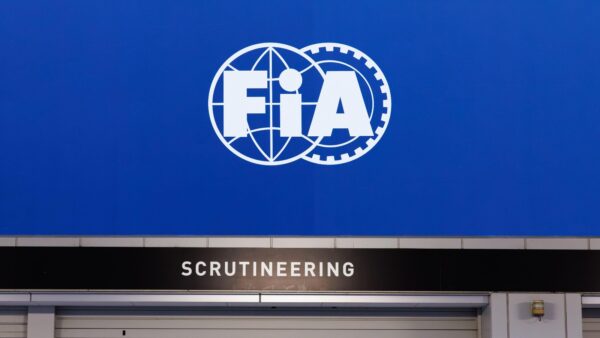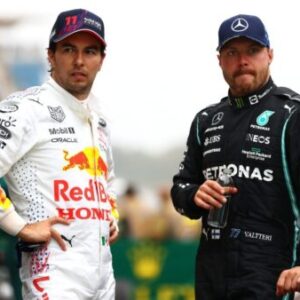1996 World Champion Damon Hill believes a “problem” in FIA stewarding emerged when experienced drivers became full-time stewards themselves, believing instead that an advisory driver would be the “way forward. ”A rotating driver steward has been on the FIA panel at each race for well over a decade, coming in at the start of 2010 in response to criticism over purported stewarding inconsistencies at the time, with calls having now come from some quarters for full-time stewards over the course of a season to ensure consistency throughout a season from the same group of people. Damon Hill weighs in on full-time FIA stewards debateBut beyond the considerable commitment it would take to attend all 24 races, Hill quipping that “I like the occasional Grand Prix, but not 24” when the prospect of becoming a full-time steward himself was put to him, the former Williams driver added that having a current or former driver on the panel in an advisory capacity would be the best way to involve drivers in decision-making.

He explained the legal process the stewards undertake to apply penalties or punishments race by race, and that the sport needs a “referee” to run the rule over Formula 1. “I think that the problem really came about when you had experienced drivers becoming stewards, when I think the way forward was to have someone there advising the stewards as to what they thought, so they got an opinion from an experienced driver helping them make the decision,” Hill explained on the Sky F1 podcast when asked if he would like to see full-time FIA stewards moving forwards. More on the FIA and how they oversee Formula 1👉 FIA explained: What does it stand for and how does it govern F1?
👉 Explained: Formula 1’s track limits rules and how the FIA enforces them“Because the way it works is the race director reports something, so he sees something, he goes: ‘That, I believe, needs investigating,’ and he hands it down to the stewards. “The stewards then look at the rules and what the rules say, and then they have to apply it according to whether or not they’re the regulations are right. “Now, that’s almost a legal interpretation of the situation, but it helps them if they’ve got a driver there saying, ‘Well, I personally think that is beyond the pale, that is the sort of driving that needs to be disciplined,’ or ‘That’s fantastic racing, just leave that alone.
’“And we want the result to be the result. We want the podium to be the result. We don’t want, ‘Oh, God, sorry, can you just come back off the podium and we’ll we’ve got another 20 minutes before we decide what to do?
’ That’s not so satisfactory, is it? “So that’s why I’m saying, you need a referee and the referee’s decision is final, and it’s not perfect, and you can always accuse people of being biased, but you try your best and if as long as you enter the competition and you accept that someone is going to make a call and they’re going to say that’s good or bad, and if you accept that is a fair way of doing it, then you can’t complain, you know? “It’s not justice, it’s sport, and sport includes the calls, good or bad, by referees.
”On the same podcast, Hill issued a damning verdict on Max Verstappen after his latest on-track clash with Lando Norris. “I think that he was right to get a penalty,” Hill said of the Turn 7 incident specifically. “Whether 10 seconds was the right penalty, I don’t know, but I definitely think the second move he did was just daft.
It was Dick Dastardly stuff. “He just simply accelerated to the apex and it prevented Lando, which looked like Lando was giving him the opportunity taking the place back – Lando really didn’t have much option and they actually did touch, so that was silly driving. “Max let himself down there.
He’s got such brilliance and clearly such a massive competitive spirit, but I don’t think that was something to be proud of what he did there. ”Read next: Max Verstappen’s defiant FIA message with ‘new record’ for penalties quip





